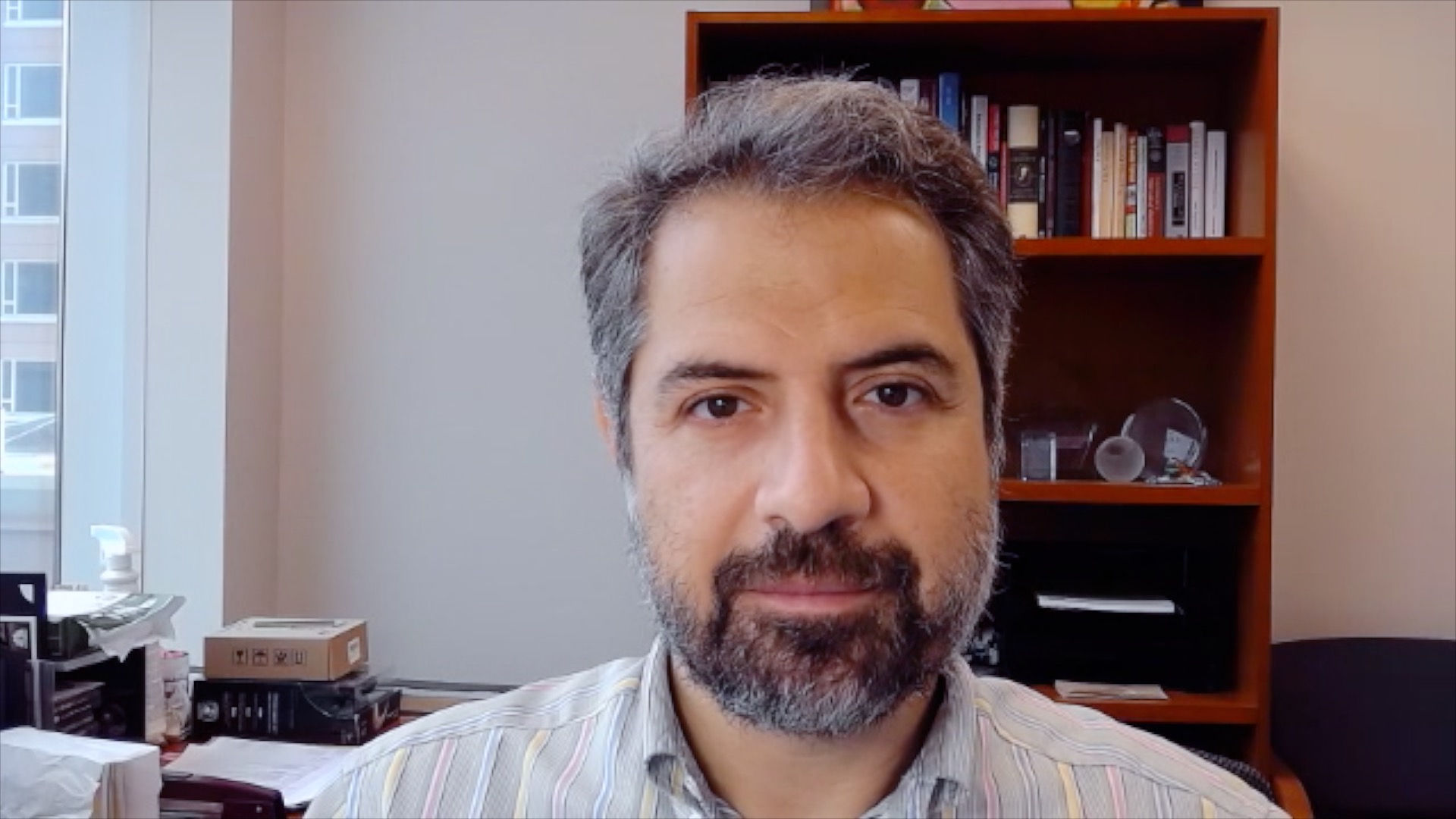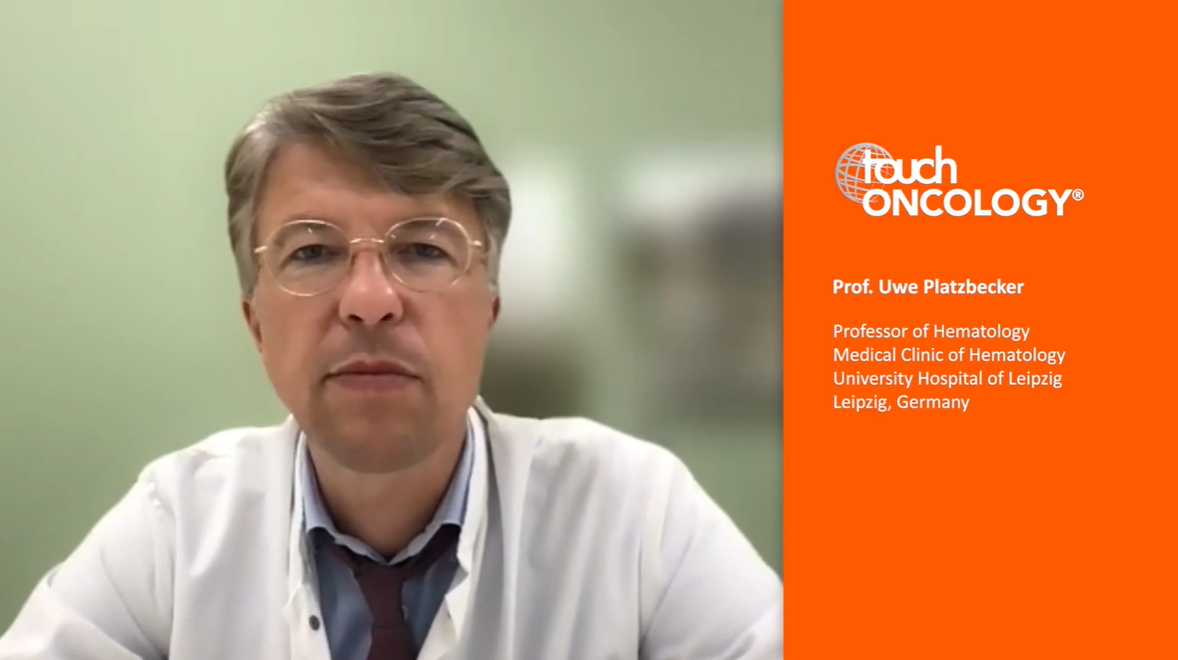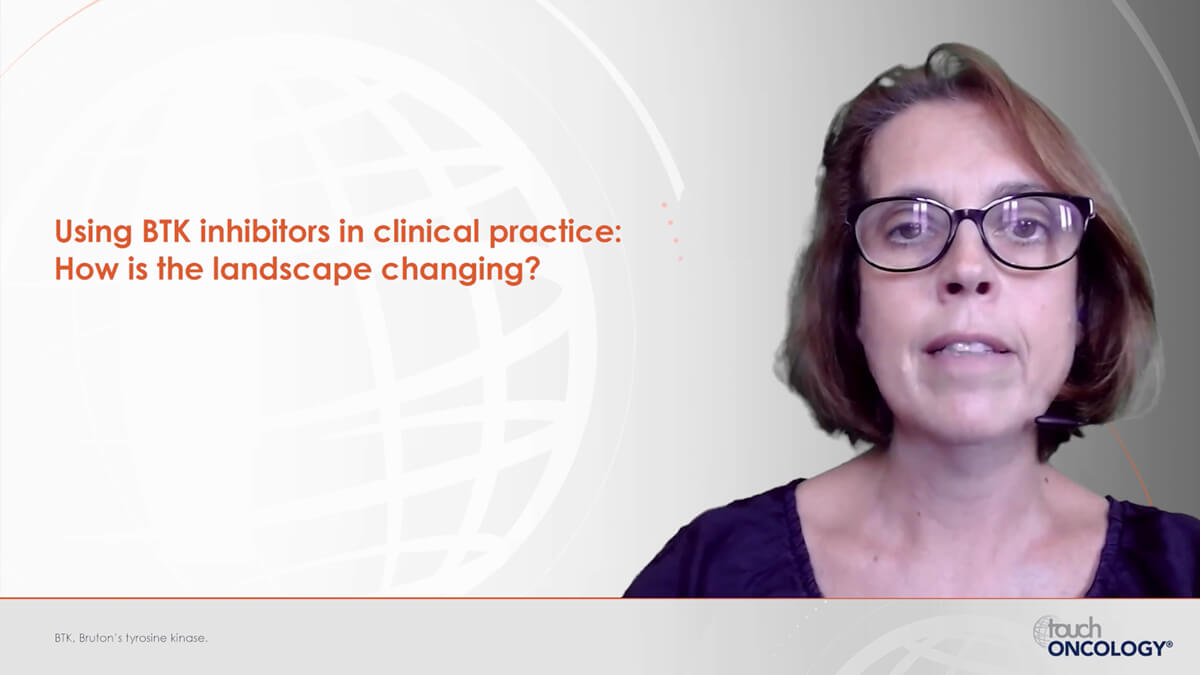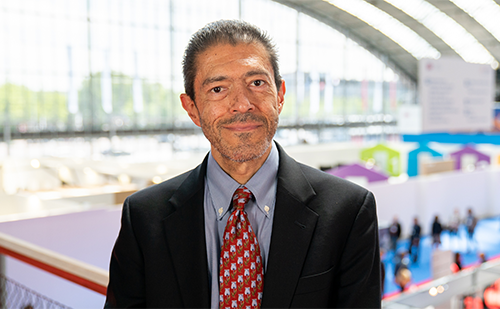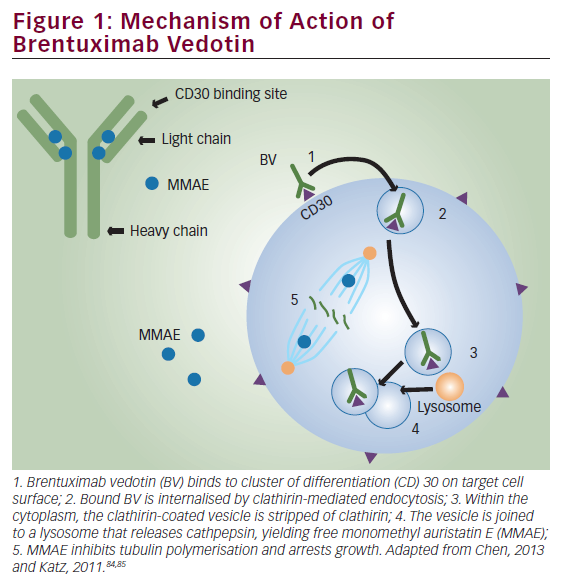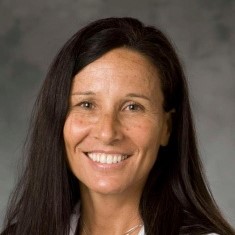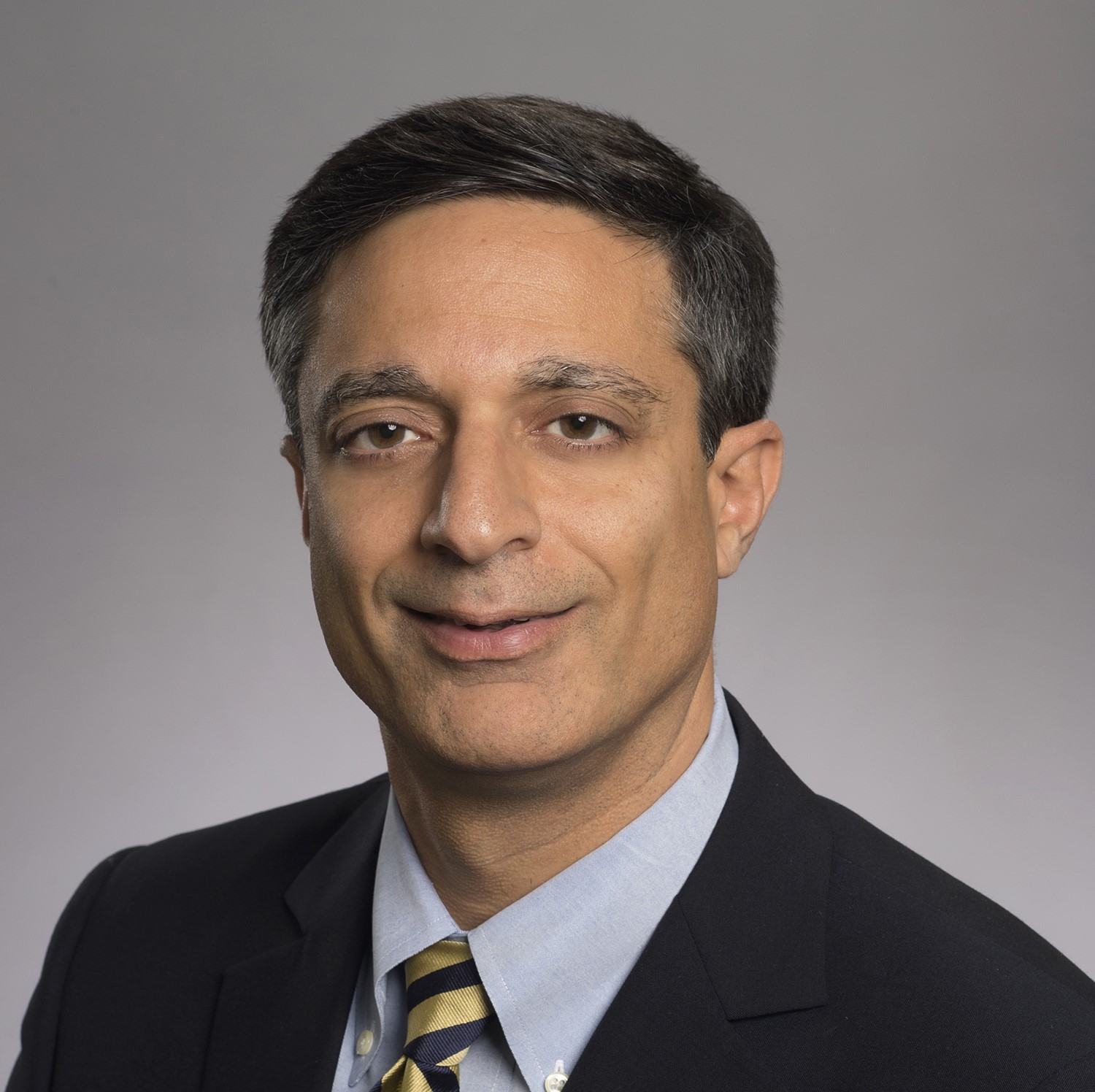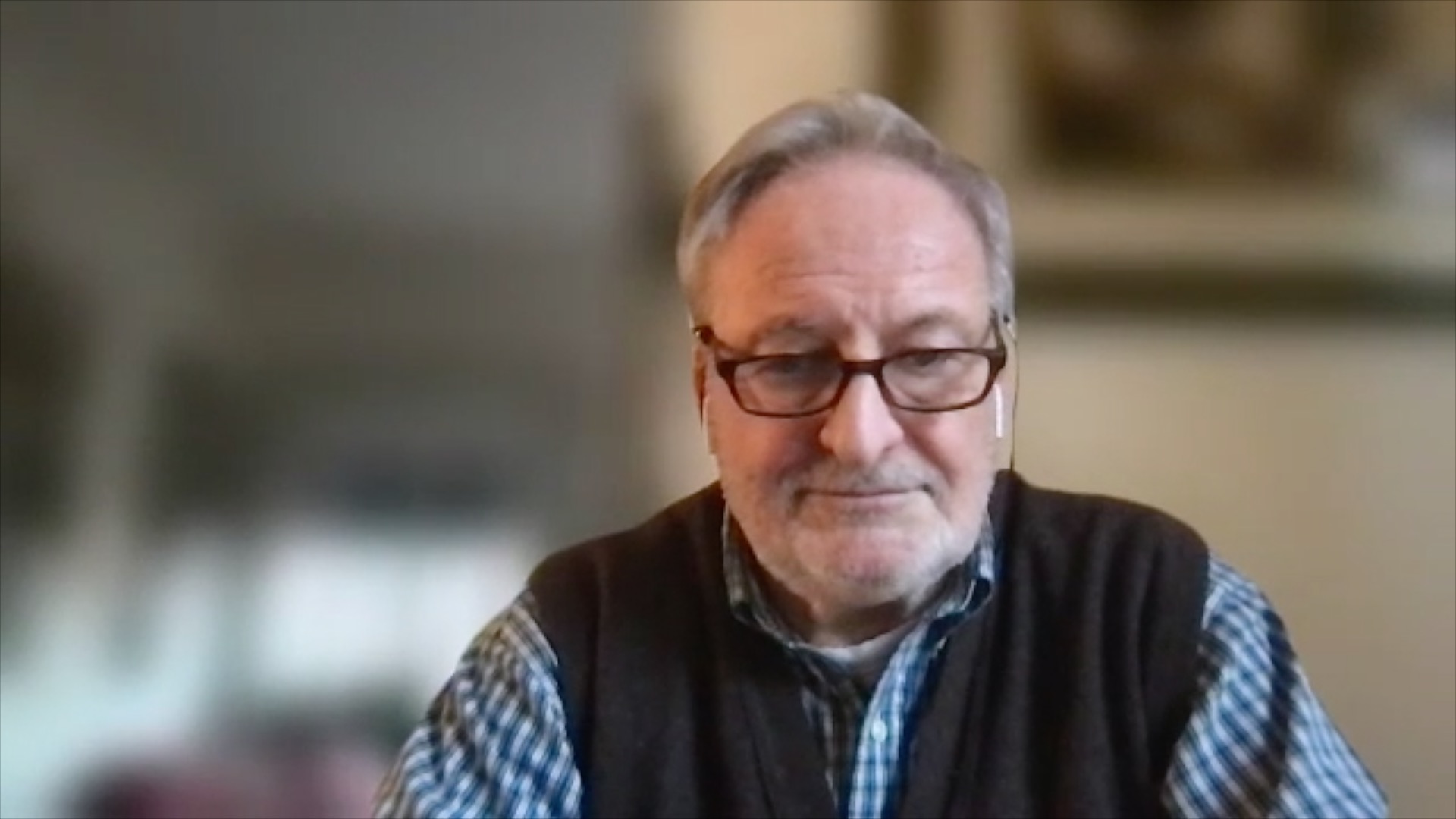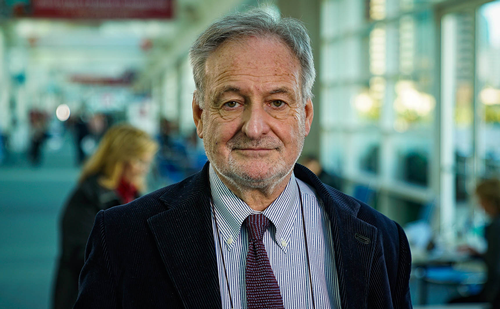touchEXPERT OPINIONS
 Experts answer questions with in-depth advice on the current clinical landscape and how new therapies and guidance might impact regional clinical practice. Useful tips below will show how to navigate the activity.
Close
Experts answer questions with in-depth advice on the current clinical landscape and how new therapies and guidance might impact regional clinical practice. Useful tips below will show how to navigate the activity.
Close
 Experts answer questions with in-depth advice on the current clinical landscape and how new therapies and guidance might impact regional clinical practice. Useful tips below will show how to navigate the activity.
Close
Experts answer questions with in-depth advice on the current clinical landscape and how new therapies and guidance might impact regional clinical practice. Useful tips below will show how to navigate the activity.
Close
The rationale for protein degradation and immunomodulation in RRMM: Highlighting the latest data and available clinical trials
Learning Objectives
After watching this activity, participants should be better able to:
- Recognize the unmet needs in patients with relapsed/refractory multiple myeloma
- Outline the rationale for therapies based on protein degradation and immunomodulation for the treatment of patients with relapsed/refractory multiple myeloma
- Evaluate the latest evidence for therapies based on protein degradation and immunomodulation for relapsed/refractory multiple myeloma and arrange for appropriate patients to be referred to available clinical trials
Overview
In this activity, three internationally renowned multiple myeloma experts share insights into the unmet treatment needs for patients with relapsed/refractory multiple myeloma, the rationale for emerging protein degradation and immunomodulation-based therapies, and the latest data and ongoing clinical trials for these investigational agents.
This activity is jointly provided by USF Health and touchIME. read more
Target Audience
This activity has been designed to meet the educational needs of haematologists, oncologists and haemato-oncologists involved in the management of multiple myeloma.
Disclosures
USF Health adheres to the Standards for Integrity and Independence in Accredited Continuing Education. All individuals in a position to influence content have disclosed to USF Health any financial relationship with an ineligible organization. USF Health has reviewed and mitigated all relevant financial relationships related to the content of the activity. The relevant relationships are listed below. All individuals not listed have no relevant financial relationships.
Faculty
Prof. Cristina Gasparetto discloses: Consultancy fees from Amgen, BMS and GSK. Speaker’s bureau fees from Karyopharm and Sanofi.
Prof. Sagar Lonial discloses: Advisory board and consultancy fees from Abbvie, Amgen, BMS, Celgene, Genentech, GSK, Janssen, Novartis, Pfizer and Regeneron. Grants/research support from BMS, Janssen and Novartis. Stock/shareholder (self-managed) in TG Therapeutics.
Prof. Sundar Jagannath discloses: Advisory board or panel fees from BMS and Janssen. Consultancy fees from BMS, Caribou, Janssen, Karyopharm, Legend Biotech, Regeneron, Sanofi and Takeda.
Content Reviewer
Carolina Leon BSN, MSN, ARNP-BC has no relevant financial relationships to disclose.
Touch Medical Contributor
Hannah Fisher has no financial interests/relationships or affiliations in relation to this activity.
USF Health Office of Continuing Professional Development and touchIME staff have no financial interests/relationships or affiliations in relation to this activity.
Requirements for Successful Completion
In order to receive credit for this activity, participants must review the content and complete the post-test and evaluation form. Statements of credit are awarded upon successful completion of the post-test and evaluation form.
If you have questions regarding credit please contact cpdsupport@usf.edu.
Accreditations
Physicians
This activity has been planned and implemented in accordance with the accreditation requirements and policies of the Accreditation Council for Continuing Medical Education (ACCME) through a joint providership of USF Health and touchIME. USF Health is accredited by the ACCME to provide continuing medical education for physicians.
USF Health designates this enduring material for a maximum of 0.75 AMA PRA Category 1 CreditTM. Physicians should claim only the credit commensurate with the extent of their participation in the activity.
The European Union of Medical Specialists (UEMS) – European Accreditation Council for Continuing Medical Education (EACCME) has an agreement of mutual recognition of continuing medical education (CME) credit with the American Medical Association (AMA). European physicians interested in converting AMA PRA Category 1 CreditTM into European CME credit (ECMEC) should contact the UEMS (www.uems.eu).
Advanced Practice Providers
Physician Assistants may claim a maximum of 0.75 Category 1 credits for completing this activity. NCCPA accepts AMA PRA Category 1 CreditTM from organizations accredited by ACCME or a recognized state medical society.
The AANPCP accepts certificates of participation for educational activities approved for AMA PRA Category 1 CreditTM by ACCME-accredited providers. APRNs who participate will receive a certificate of completion commensurate with the extent of their participation.
Date of original release: 15 February 2024. Date credits expire: 15 February 2025.
If you have any questions regarding credit please contact cpdsupport@usf.edu.
To obtain the CE/CME credit(s) from this activity, please complete this post-activity test.
Claim CreditYou may also be interested in...

REGISTER NOW FOR FREE ACCESS TO
- 1000+ topical and insightful peer-reviewed journal articles
- 100+ hours of bite-sized congress highlights
- 10 major therapy areas packed with the latest scientific advances
- 150+ specialties offering learn-on-the-go medical education
- + Concise email updates and newsletters so you never miss out








